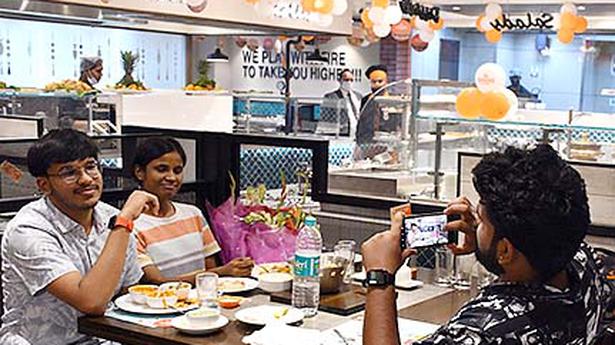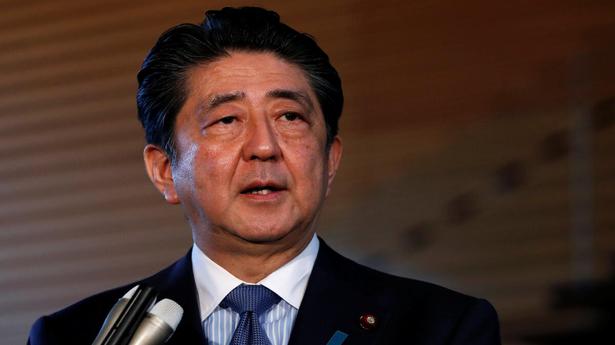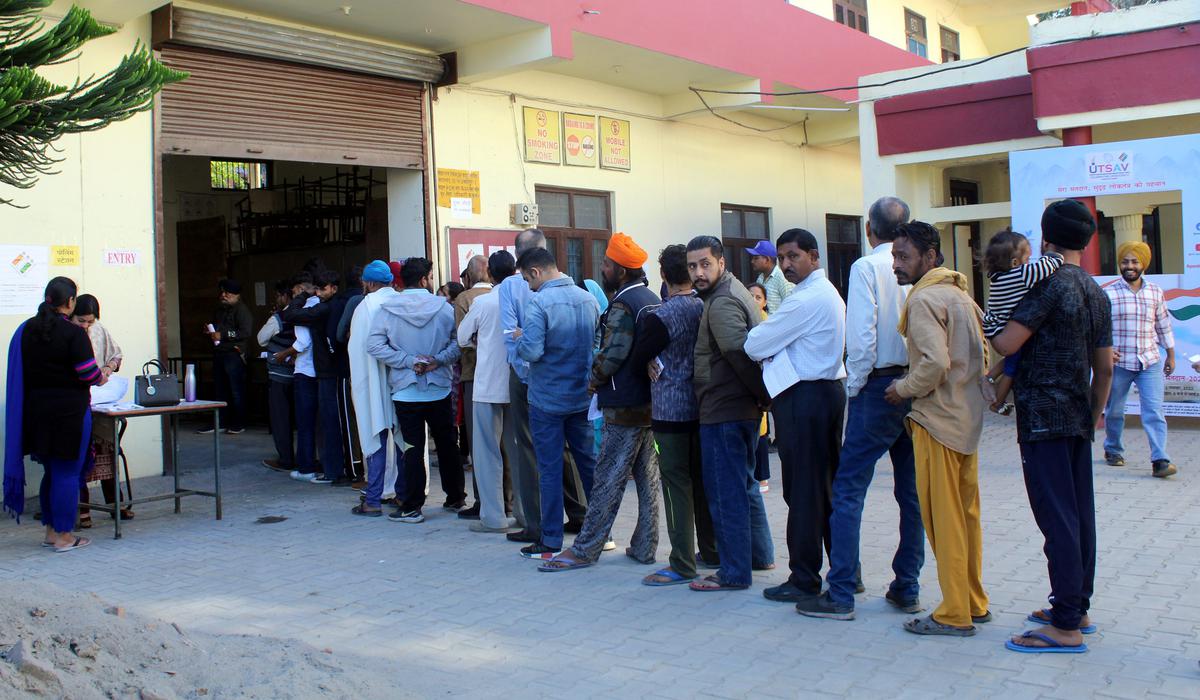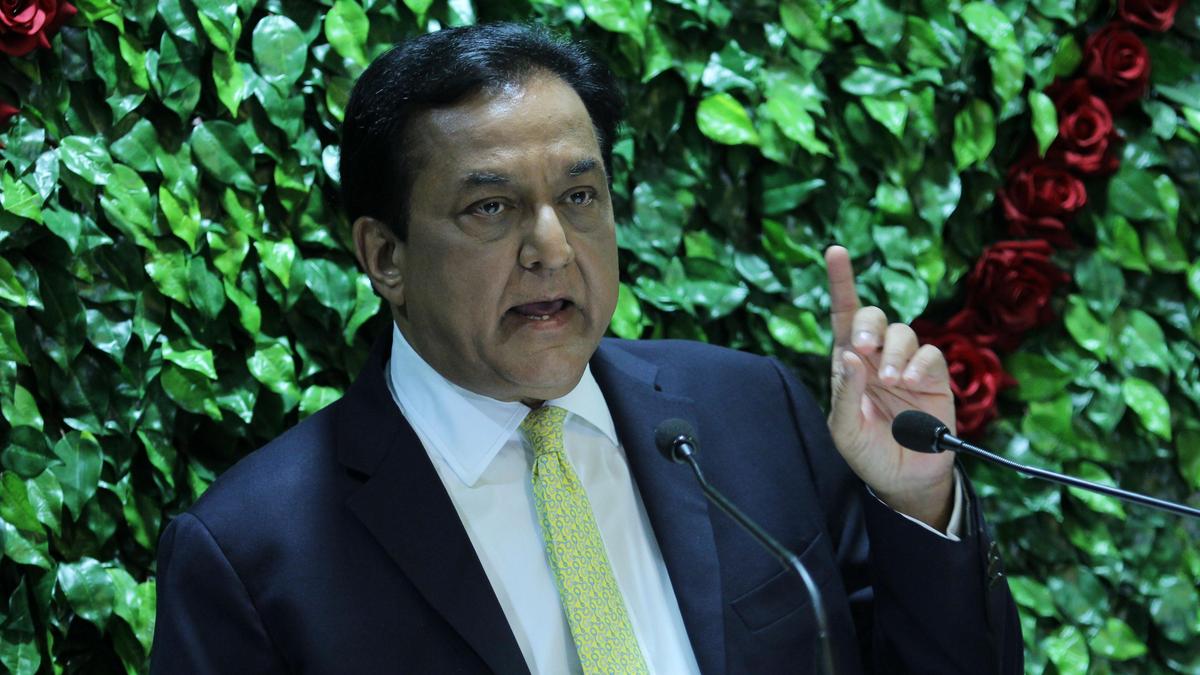The Bench will now hear the matter on August 31
‘Stay order was passed by the single-judge Bench without giving an opportunity to file replies’
‘Stay order was passed by the single-judge Bench without giving an opportunity to file replies’
The Delhi High Court on Thursday asked the Centre to approach a single-judge Bench for appropriate relief against an order staying guidelines prohibiting hotels and restaurants from levying service charges automatically on food bills.
A Bench of Chief Justice Satish Chandra Sharma and Justice Subramonium Prasad permitted the Centre and the Central Consumer Protection Authority (CCPA) to make submission before the single judge Bench on pleas challenging the guidelines. The single-judge Bench will now hear the matter on August 31.
Additional Solicitor General (ASG) Chetan Sharma, appearing for the Centre and the CCPA, argued that the single-judge Bench had on July 20 stayed its July 4 guidelines, prohibiting hotels and restaurants from levying service charges automatically on food bills.
The ASG said the stay order was passed by the single-judge Bench without affording them an opportunity to file their replies to the petition by the National Restaurant Association of India (NRAI) and the Federation of Hotels and Restaurant Associations of India.
The ASG said the issue had “wide-ranging repercussions”, and it would have been prudent for the single-judge Bench to hear the authorities before passing its order. Service charges “takes colour” of a “quasi-government or government charge” and cause embarrassment if one refuses to pay, he added.
The High Court said that there was no issue with regards to putting a “price tag” on any of the items and asked the restaurant associations if they could “superimpose” service charges on consumers.
An industry practice
Senior advocate Kapil Sibal, representing a restaurant association, said levying service charges was not merely of giving a “tip” and that it pertained to an industry practice, which has been going on for 70 years, governed by the right to business.
“That problem can’t be worked on a consumer. The fact that you as an employer do not want to pay your employee can’t mark it on the consumer. You pay for your employee… You don’t have to levy service charges to pay your employees… You are liable and bound to pay your employees under various enactments. The point is, all these are matters of debate,” the High Court said.
The background
On July 20, the High Court stayed the CCPA’s guidelines banning restaurants and hotels across the country from levying service charge by default on food bills. The order came while hearing pleas by the NRAI, the FHRAI as well as restaurant owners and promoters.
The NRAI, with approximately 7,000 restaurant members across the country and close to 2,500 member outlets in the National Capital Region, had said that levy of service charge has been a standing practice in the hospitality industry for more than 80 years.
The association had stated that in the absence of service charge, tips are generally paid by the customers normally equivalent to 10% of the amount of the invoice.
“This amount is pocketed by the waiters/stewards who come in direct contact with the customer. This results in deprivation of any components of the tips going to the back of the house staff, including chefs/cooks /utility workers and others involved in procurement of raw materials, preparation of foodstuff and service to the customer,” the NRAI’s plea read.
The association said the restaurants ensure point-wise distribution of the service charge collected from the customers to the entire staff, including the back-end staffers, whose contribution is thus recognised and acknowledged.







